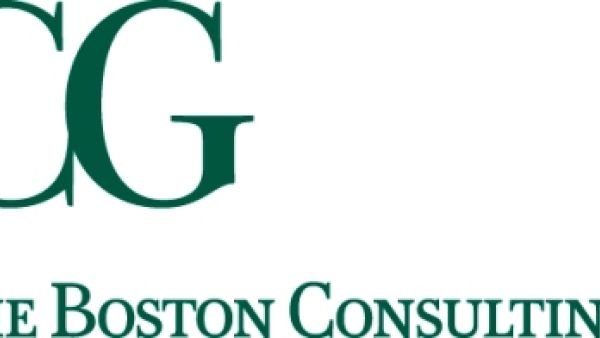UAE ranks 26th onThe Boston Consulting Group's Global Internet e-Intensity Index

The Internet is increasingly acquiring local characterspringing from the economic, political, and social factors that distinguish individual nations, according to the e-Intensity Index recently launched by The Boston Consulting Group (BCG).
TheIndex provides a morenuanced picture of the depth and reach of digital activity across countries. It examines Internet activity for the members of the Organisation for Economic Cooperationand Development (OECD), for the BRICI nations of Brazil, Russia, India, China, and Indonesia, and forother noteworthy economies, such as Hong Kong, UAE, Saudi Arabia, Singapore, and South Africa. In total, 50 countries were ranked.
Joerg Hildebrandt, Partner & Managing Director in BCG, Middle East said: “Policy makers and business leaders want to know how different countries rank in terms of their “Internet intensity”—in other words, the depth and reach of their digital activity. The BCG e-Intensity Index measures both a nation’s supply of Internet infrastructure and its demand for and use of Internet services.”
Specifically, the Index measures enablement: how well built is the infrastructure and how available is Internetaccess? It measures expenditure: how much money is spent on online retail and online advertising? And itmeasures engagement: how actively are businesses, governments, and consumers embracing the Internet?
The Top Rankings
South Korea comes out on top, powered by super-high-speed infrastructure, a well-developed e-commerceand digital-advertising marketplace, and high levels of Internet engagement. Denmark, Sweden, the U.K.,and Iceland round out the top five places. The U.S.—the birthplace of the Internet—has thetenth highest score.
The index becomes even more interesting when you dig below thesurface. The U.S., for example, leads on the overall Internet engagement score, while Denmark tops thecharts on expenditure and Hong Kong on enablement. And while developing nations ranknear the bottom, they have pockets of innovation and advanced usage.
Within the Middle East, the UAE leads with a ranking of 26according to the BCG index. The UAE ranks highest in terms of enablement, followed by expenditure, and engagement. Similarly, Saudi Arabia, ranked 39th on the Index, ranks higher in terms of enablement as compared to expenditure and engagement. Interestingly, Egypt ranked 49th on the Index, has higher levels of engagement when compared to enablement or expenditure.
Lessons for Companies and Policy Makers
The Internet is taking on different local flavors that are a reflection of—or a response to—the physicalworld. In the U.K., traditional shops have embraced the Internet, creating a nation of “digitalshopkeepers,” while in the Czech Republic, online-only retailers are filling a void created by theunderdevelopment of traditional retail channels. Hong Kong, with its well-established retail footprint, hasa low level of online sales given the quality of its broadband infrastructure but a high level of business-to business engagement. “The BCG e-Intensity Index helps companies calibrate their business plans to national levels of consumer, business, and government engagement and the share of fixed versus mobile penetration”, said Hildebrandt.
In addition, the Internet is driving economic growth. Hence, policies that encourage Internet penetration and usage and that provide protections for customers making online purchases are critical. Policy makers should also be encouraging all businesses—not just high-tech companies—to embrace the Internet. In the U.K., small and medium-size companies that make active use of the Internet grow seven times faster than companies that do not. Because the Internet is so far-reaching, officials from a number of different agencies, especially those regulating telecom, banking, commerce, and consumer affairs, will need to cooperate and coordinate their efforts. This is especially true in developing nations.
Moreover, the Internet is adopting the local character and personality of its users. Hildebrandt explained: “In China and Russia, where English is less prevalent, local entrepreneurs are developing giant Internet businesses that spark envy in Silicon Valley. In countries such as India and Indonesia, the mobile phone has become the gateway to the Internet. Many of the most popular and useful mobile applications and services are emerging in these countries. In India, for example, the first bank account for many consumers may well be a mobile one. The Internet has truly gone native”.
Background Information
The Boston Consulting Group
BCG began not as another management consulting firm but as a pioneer of bold, new approaches to running a company.
Helping organizations make the changes needed to seize competitive advantage—and to win—has always been BCG’s raison d'être. Since 1963, we have been helping leaders and their organizations build lasting advantage. The independent spirit handed down from Bruce Henderson, BCG's founder—always challenging the status quo—has given the firm the courage to look beyond the obvious to find solutions for more than 50 years.






